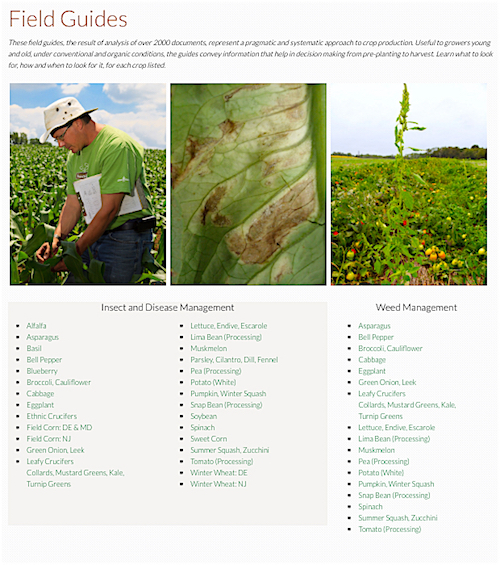Date: Tuesday, May 20, 2 PM to 4:30 PM
Location: Webinar presentation @ Rutgers Cooperative Extension Office of Mercer County, 930 Spruce Street, Trenton, NJ
Followed by on-farm portion @ Z Food Farm, 3501 Princeton Pike, Lawrence, NJ
Improving post-harvest practices can help minimize produce damage and maximize the amount of quality produce that can be sold at market. Evaluating current post-harvest practices and identifying low-cost improvements is an important part of farm planning, and should be done as early in the season as possible.
 Rutgers Cooperative Extension of Mercer County and NOFA-NJ welcome Lee Stivers from Penn State Extension as she joins us remotely giving a presentation on post-harvest handling procedures for high-quality, marketable produce via webinar.
Rutgers Cooperative Extension of Mercer County and NOFA-NJ welcome Lee Stivers from Penn State Extension as she joins us remotely giving a presentation on post-harvest handling procedures for high-quality, marketable produce via webinar.
The webinar workshop portion will be followed by a farm tour of Z Food Farm’s post-harvest handling set-up. Z Food Farm is a small certified organic farm located in Lawrenceville, NJ.
[Read more…]
 Articles in this section contain information helpful to the NJ commercial organic grower.
Articles in this section contain information helpful to the NJ commercial organic grower.
